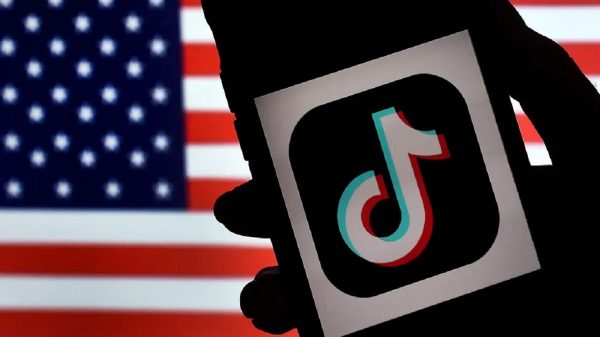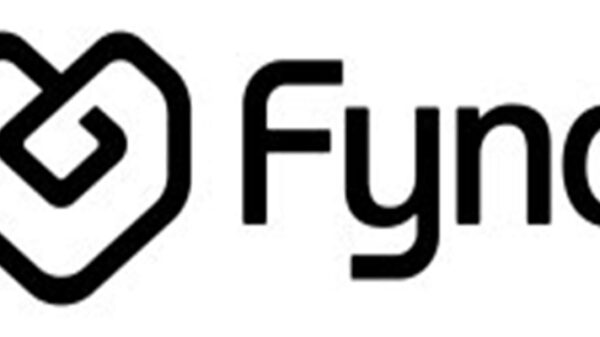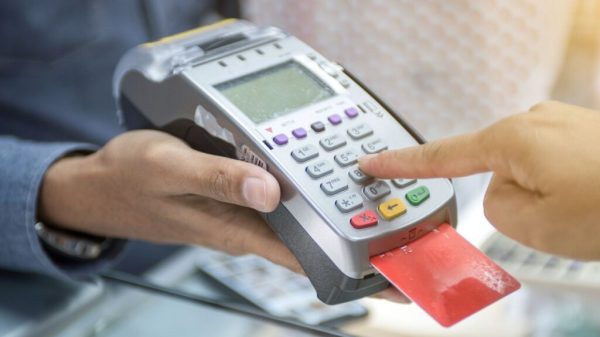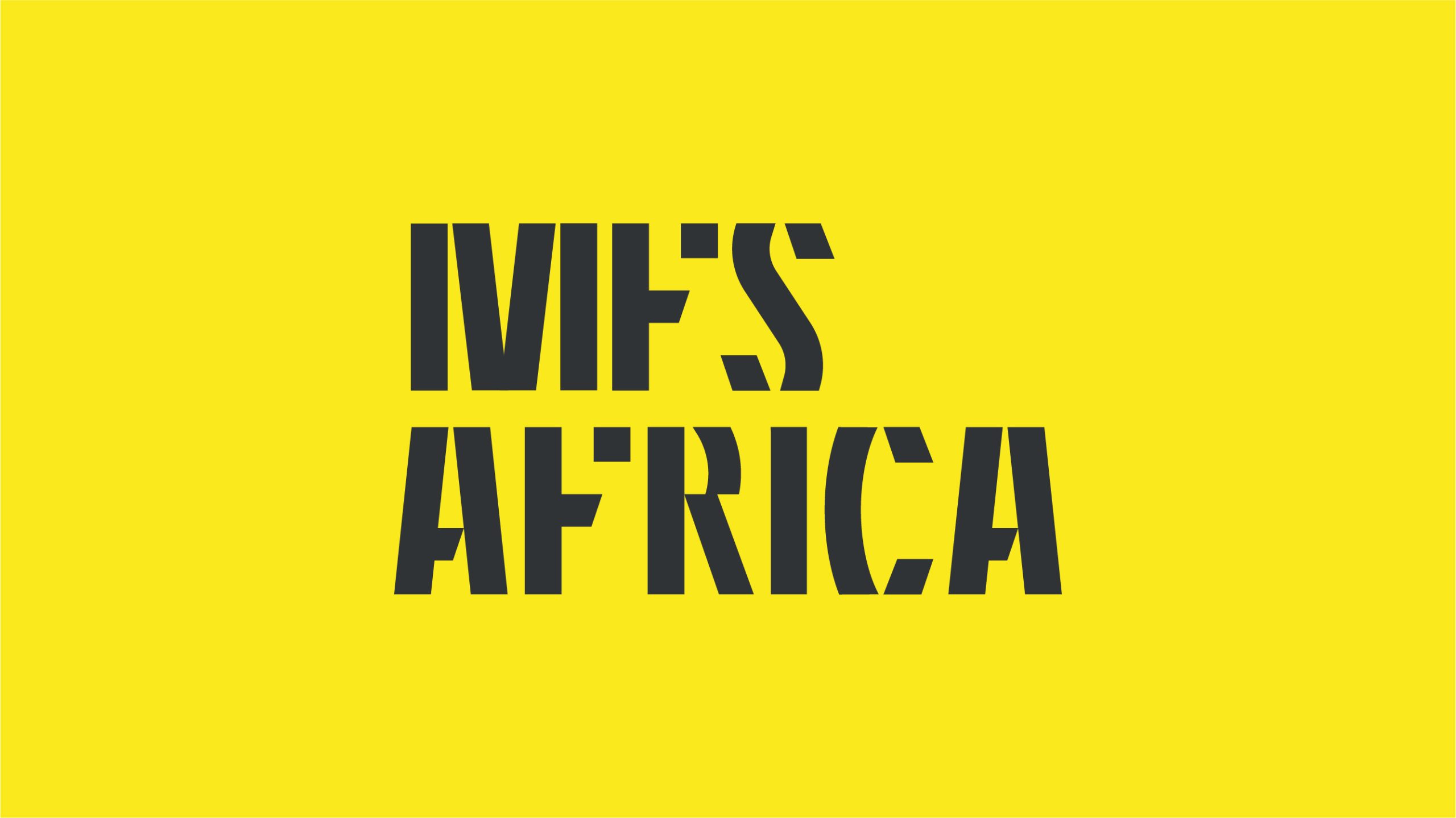By Mxolisi Msutwana – Chief Operating Officer at Baxi
All around the world, governments are trying to encourage cashless payments. Their reasons for doing so are multiple, including expanded financial inclusion and transparency, wanting to formalise the informal economy, and to drive economic growth and innovation. Nigeria is no exception. By the end of 2022, the move towards a cashless policy as a means to eradicate cash was high on the government’s agenda in Nigeria. In early 2023, a bid by the Central Bank of Nigeria (CBN) to introduce new banknotes and lower cash withdrawal amounts led to a serious shortage of cash .
Unfortunately, there were not enough new notes in circulation to serve the needs of a country that’s historically been as heavily cash-dependent as Nigeria. While the initiative itself is a step in the right direction, there’s no denying that it caused issues.
The economic effects were far from positive. According to S&P, amidst widespread protests, many Nigerians were left scrabbling for ways to pay for day-to-day goods and services. As a result, many people who’d never previously used digital payment services had little choice but to adopt them. Fintechs in particular stepped up to the plate, helping Nigerians meet a fundamental need at a time when their lives had been massively disrupted. A report from Nigeria’s Inter-Bank Settlement System (NIBSS) found that there was a 125% increase in mobile payments during January compared with the same period in the previous year. Additionally, Bloomberg reports, the value of mobile-money transactions has jumped by a quarter to 2.5 trillion naira (US$5.4 billion).
As the shortages abate, it will be crucial that digital payment providers do not let the resulting move to digital payments go to waste. In a country with a long history of relying on cash as the primary means of payment as Nigeria, they will have to work hard to retain the customers they’ve gained in recent months and position themselves for continued accelerated growth.
How digital payment providers evolved
Before looking at how digital payment providers can do so, it’s worth taking a deeper look at how they responded to the situation. That the crisis represented a particularly big opportunity for digital payment providers that allow people to make transactions with their mobile phones is to be expected. After all, as Bloomberg points out, just under 40% of Nigerians have access to bank accounts, compared with mobile-phone penetration of 117% in the country, giving them the opportunity to expand rapidly. Given the comparatively low levels of mobile money use prior to the cash shortages, it should be clear just how much potential for growth there was (and still is).
Of course, those operators still had to work hard to ensure that they were able to properly service the growing pool of customers looking to make and receive digital payments. MTN Nigeria, for example, is planning to deploy 224 000 agents to boost the adoption of mobile wallet use.
At Baxi, meanwhile, we onboarded record numbers of agents, ensuring that people were able to easily send and receive money. We also supported merchants in providing solutions for payment collections during that period by deploying additional point-of-sale (POS) terminals, allowing customers to pay via card and transfers, and allowing merchants to generate account numbers for payment collections.
Of course, not everything went according to plan for every digital payment provider. As a recent column in TechCabal pointed out, many Nigerians complained about the high failure rate in digital transactions.
Cash will always be important
Even in the face of such growth, it’s important to remember how dominant cash has historically been in Nigeria. Despite cashless transactions rising 42% in 2022, cash-based payments still accounted for 63% of all POS transactions in the same year, according to the FIS Worldpay Global Payments Report 2022. That’s significantly higher than the global average of 17.9%. It also puts Nigeria well ahead of the average for the Middle East and Africa region, where cash accounts for 44% of POS payments.
The reasons for the dominance of cash in Nigeria are deep-seated too. They range from a lack of access to bank accounts (just 39% of Nigerians aged 15 and older have a formal bank account) to trust issues with the formal economy. An extensive informal economy and infrastructure challenges also play significant roles while the power of force of habit can’t be ignored either.
In other words, digital payment and mobile money providers cannot simply assume that the boon they’ve experienced as a result of the cash shortage will continue unabated. They also can’t assume that cash will be displaced. It will continue to play a significant role in Nigerian society for a long time to come.
Instead, they should focus on using the situation to ensure that Nigerians and merchants alike understand the very real advantages that digital payments and mobile money have in specific situations.
Security, convenience, and increased access
When it comes to consumers, for instance, payment providers need to highlight that the day-to-day transactions that they enabled during the cash shortage were just the start of what they can offer.
Of course, it’s important to keep emphasising that digital payments offer consumers better security and convenience, especially when it comes to large transactions.
But it’s also important to highlight the additional benefits that digital payments offer. Thanks to advanced integrations, for example, customers can access audio and video streaming services without needing a formal bank account. In many cases, the promise of access to something you didn’t previously have access to is a much more powerful incentive than being able to complete existing tasks more conveniently.
For merchants, meanwhile, security is also a benefit that can continue to be emphasised. For small businesses especially, using electronic channels makes tracking your cash-generating activities easier than ever.
Here again though, there are other significant benefits that should be emphasised, including the ability to automate takings. The digital records made available by having digital payment offerings as an option can also ease the path towards formalisation for small businesses. That, in turn, makes it easier to access things like growth financing.
An opportunity not to be missed
Ultimately, there’s never been a better time for digital payment providers to press home what they can offer to both consumers and merchants. But they must make the most of that opportunity. Their best hope for doing so isn’t to degenerate the role of cash but to emphasise the very real opportunities they can help unlock.
![]()




























































